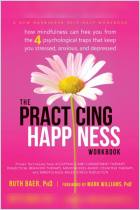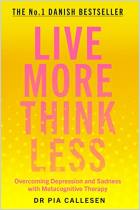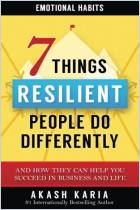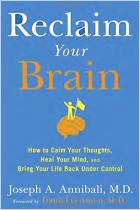加入 getAbstract 阅读摘要

加入 getAbstract 阅读摘要
David A. Sbarra
Psychology’s Power Tools
Aeon, 2017
看看什么内容?
When’s the last time strong emotion led you to behavior you later regretted?
Recommendation
“So, tell me about your mother…” is probably what people think about when they think of therapy. But psychoanalysis, with its emphasis on early childhood, is only one branch of therapy, and if probing deep into your personal history doesn’t sound like your cup of tea, you may want to give cognitive behavioral therapy a try. getAbstract recommends University of Arizona psychology professor David Sbarra’s brief synopsis of cognitive behavioral therapy to readers who know that stifling their emotions isn’t good, but don’t want to wallow in them either.
Summary
About the Author
David Sbarra teaches psychology at the University of Arizona and has published his research in Health Psychology, Emotion, and Perspectives on Psychological Science. He’s also the director of the Laboratory for Social Connectedness and Health.


















Comment on this summary